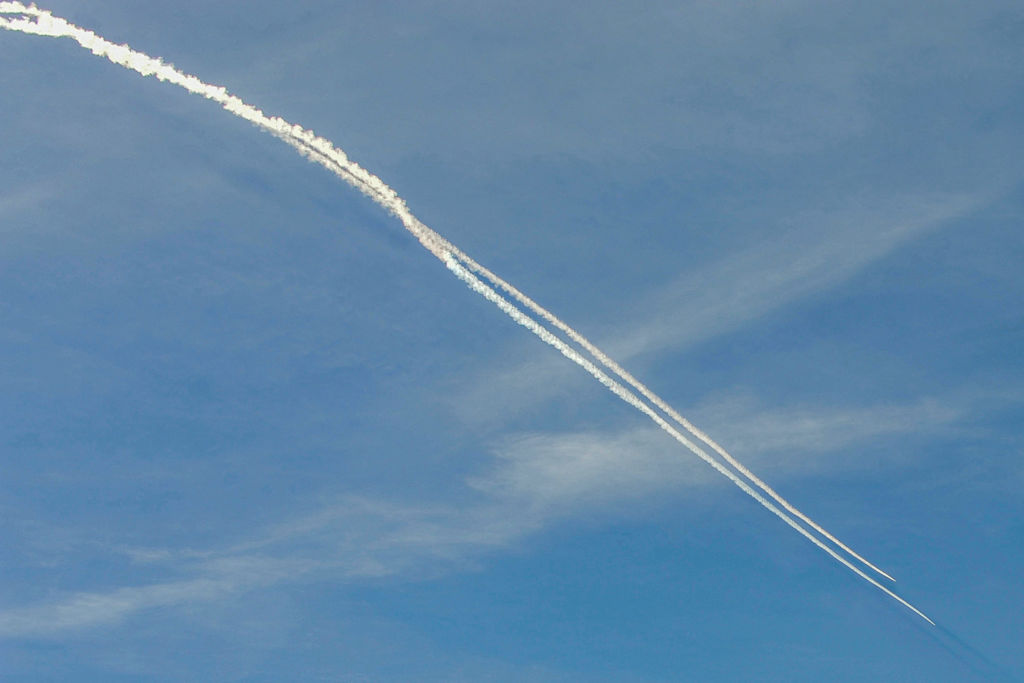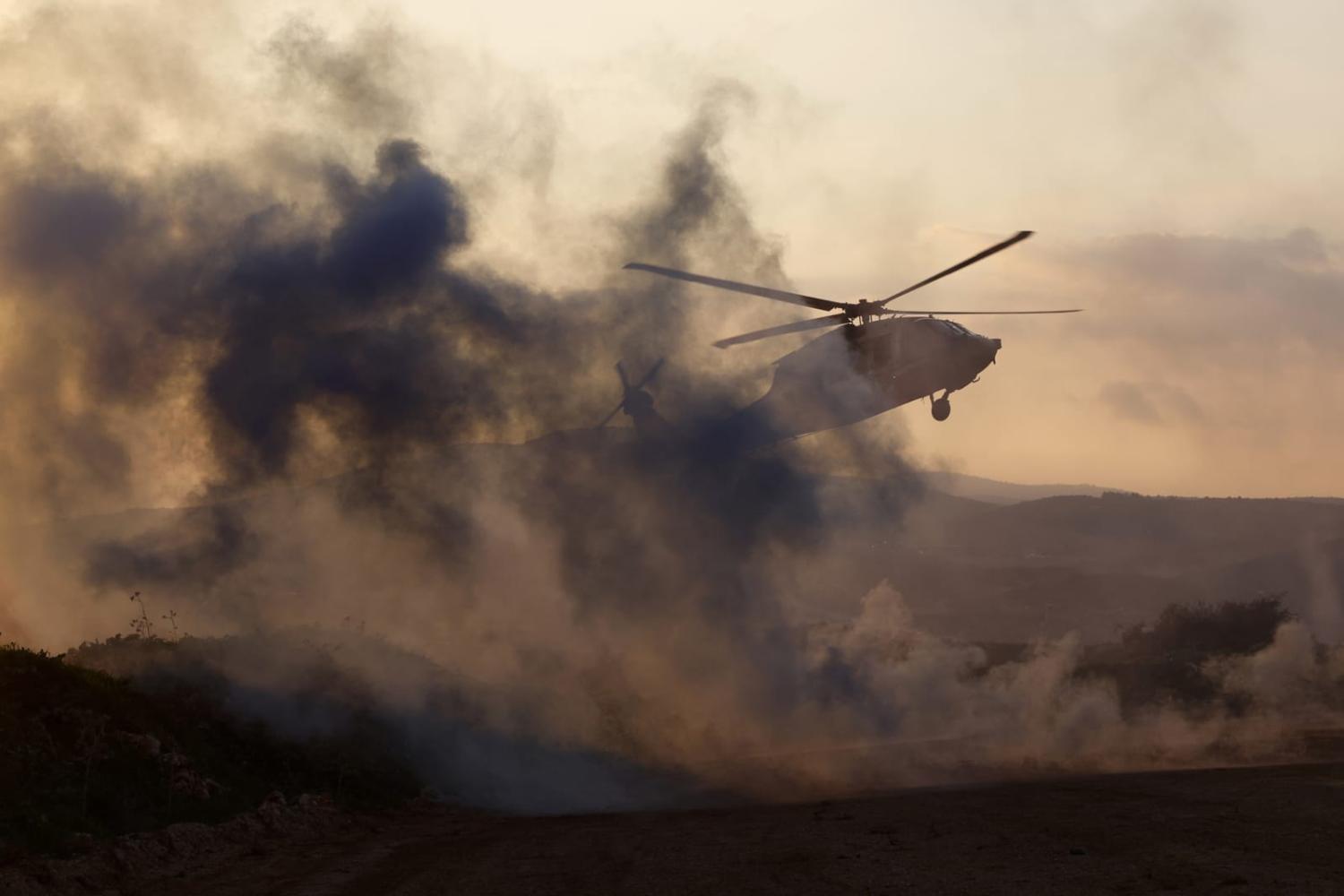Each passing week of the Gaza conflict brings more reports of provocation by Iranian proxies and stronger responses from the United States, its partners and allies. Yet neither Iran nor the United States has an interest in a direct confrontation. If it is not in the interest of either major player to widen the war and risk having a direct face off, then why does it seem like we are slow marching towards that reality?
The answer lies in the inability of both the United States and Iran to control its allies. Expanding the conflict provides both US and Iranian allies with a unique opportunity to solve or consolidate their own domestic political positions.
The Houthis in Yemen so far remain undeterred by warnings and retaliatory strikes from a US-led response to attacks that have jeopardised vital shipping lanes. Their strikes continue, as the commander of the Houthi forces boldly states that they are prepared for a “long-term confrontation”. For the Houthis, the risks are overshadowed by what the symbolic value of taking on the United States confers to them in political credibility and domestic popular support. It also helps distract from the humanitarian crisis in Yemen that they helped create. Houthi attacks against commercial shipping in the Red Sea in the name of anti-imperialism and Palestinian solidarity have also increased their credibility vis-à-vis the weak internationally recognised government in Aden, even as the Houthi militia remains repressive and inefficient in the governance of the territories it holds.
Since the 7 October Hamas terrorist attacks in Israel, there have been more than 100 attacks carried out against the US military by Iranian-backed militias in Iraq and Syria, with another that killed three Americans at a base in Jordan. Iraqi militias such as Kataib Hezbollah are seeking to pressure the Iraqi government – which has traversed a tightrope, balancing between the United States (which has maintained a military presence in Iraq since the 2003 invasion) and Iran, a neighbour with deeply interwoven economic, cultural and social ties – to ditch the United States. By attacking US military positions, ostensibly in support of the Palestinian cause and in support of its fellow “axis of resistance” partners, Kataib Hezbollah hopes to provoke the United States into a harsh enough military response on Iraqi soil, so that the Iraqi government will take umbrage against violations of its sovereignty to “end the US occupation” – or at least speed up negotiations to end the agreement that allows the United States to maintain a military presence in the country. They may have increased pressure on the Iraqi government, but these attacks have also been met with a recent campaign of US retaliatory strikes, including one that killed senior Kataib Hezbollah commanders.
Hezbollah in Lebanon, on the other hand, serves as a useful contrast. Because it has little to gain domestically from provoking Israel and further expanding the northern front, it has remained relatively constrained and aligned with Iran’s desire to temper the conflict. Lebanon is already on the economic and social brink. Hezbollah cannot be seen as responsible for a major Israeli incursion into Lebanon that would trigger another war.

But it’s not just Iranian proxies whose domestic concerns are driving them to defy their ally’s wish to stem the conflict. The Biden administration and many US lawmakers are growing increasingly frustrated with Israel’s Prime Minister Benjamin Netanyahu. Netanyahu’s rejection of a two state solution with Palestinians and defiance of the Biden administration’s warnings to stop “indiscriminate bombing” and scale back operations has not only strained relations between the two close partners but also undermined US Secretary of State Antony Blinken’s efforts to contain the regional spillover and shore up Arab allies to help clinch a proposal for a ceasefire and prisoner/hostage exchange. Increasing segments of the public in the West are outraged by the humanitarian impact of Israel’s military campaign against Hamas. This has damaged social cohesion and imperiled Biden’s electoral chances in 2024.
However, it is his own political survival that Netanyahu is most concerned with. Already unpopular before the war, his public support in Israel is now abysmal. Only 15 per cent of Israelis say they want Netanyahu in office after the war ends. Yet Netanyahu remains defiant and his strategy of vengeance against Hamas, and by extension all of Gaza, is more popular than he is. He has both personal and political interests in continuing the fight. And he has vowed to continue until Hamas is “totally destroyed”, a goal ambiguous enough to see the conflict drag on for the foreseeable future.
Domestic considerations often drive international conflict and this time it is no different. If the United States and Iran are serious about their desire to contain this war, then the answer may be in engaging with their allies’ domestic political considerations.

